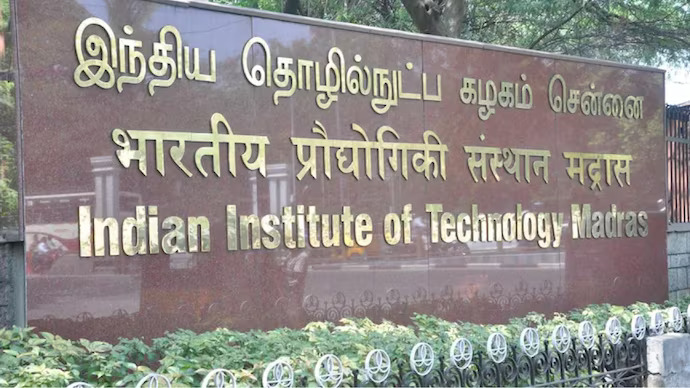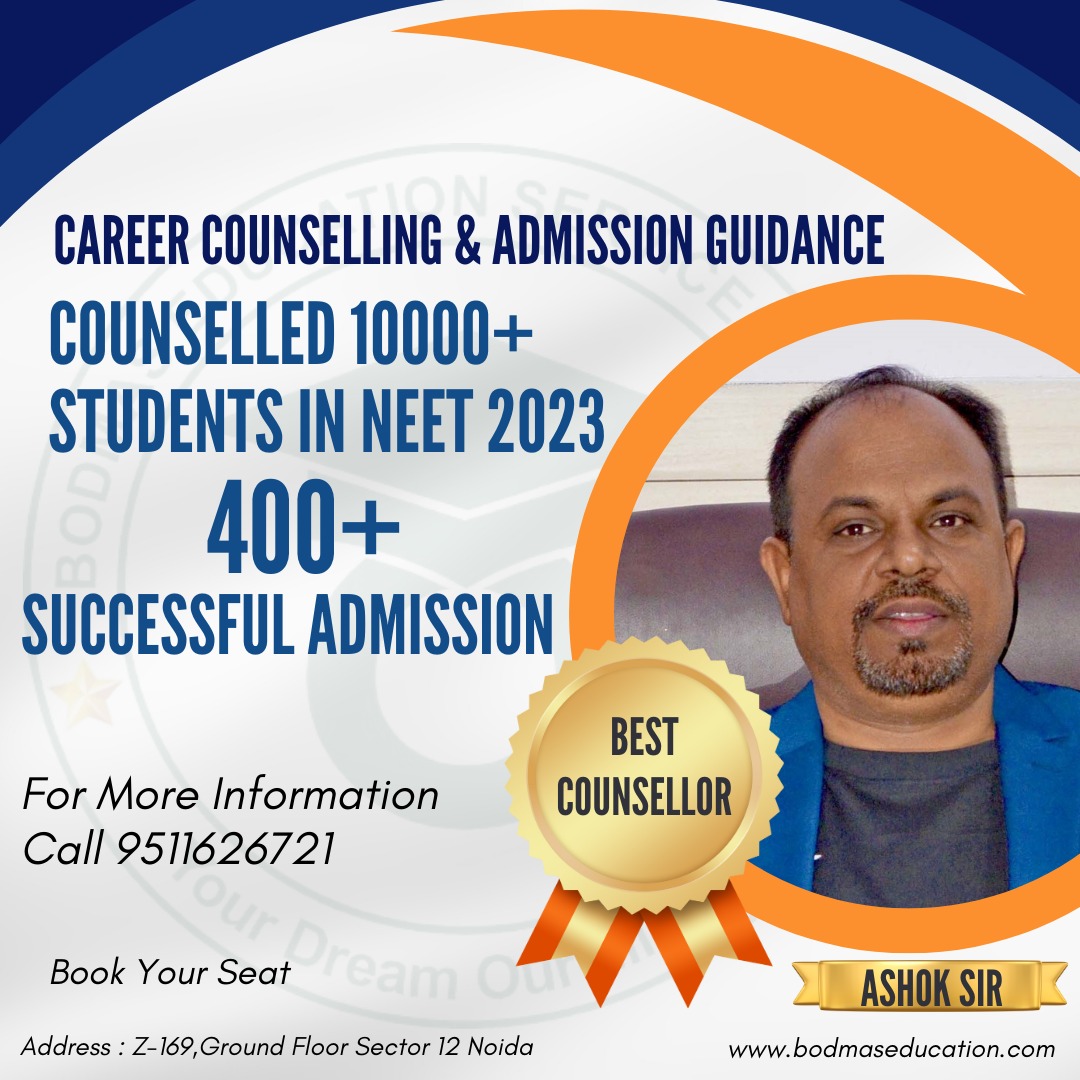Several foreign countries recognize Indian higher education degrees. However, certain fields, such as engineering and medicine, continue to lag. In this post, we shall dig into the mechanics of recognizing Indian degrees in foreign higher education institutes, as well as why engineering and medicine encounter recognition issues.
Indian Degrees Are Recognized at Foreign Higher Education Institutes
Several foreign countries recognize Indian degrees, including the United States, the United Kingdom, Canada, France, Germany, New Zealand, and Australia. This is an important component of international education and a big advantage for Indian students interested in pursuing higher education overseas. However, the recognition process involves a number of technicalities that must be addressed in order for degrees to be recognized smoothly.
In Arvind Chaturvedi’s (Pro Vice Chancellor) opinion, foreign higher education colleges, like IILM University, Gurugram, base their decisions on the repute of Indian universities/institutions. Official recognition is essential for institutions that are not well-known. The University Grants Commission (UGC), All India Council for Technical Education (AICTE), National Medical Commission (formerly Medical Council of India), and Bar Council are among the regulatory agencies utilized for verification. Foreign HEIs recognize top Indian accreditation bodies such as NAAC and NBA, and the factors of these accreditation agencies are weighted by some.
Also,Executive Director of the Fortune Institute of International Business (FIIB), Radhika Shrivastava, says that recognition may require a comparison of the curriculum, length of the program, and quality of study. The academic competence of the degree is also an important consideration in the recognition procedure.
Why are engineering and medicine still lagging in terms of recognition?
Despite the fact that Indian degrees are recognized in foreign higher education institutes, engineering and medicine degrees continue to face recognition challenges. The discrepancy in curriculum and academic standards is one of the key factors. Engineering and medicine curriculums in India are highly controlled and structured differently from those in other nations. As a result, foreign HEIs may refuse to acknowledge Indian degrees in these subjects, or may only do so after thorough evaluation and verification.
Another reason is that there is a lack of actual experience in these sectors for Indian students. The Indian education system is very theoretical, and students may lack the practical experience to apply their knowledge in real-world settings. This might lead to a lack of practical skills and knowledge, making meeting the practical criteria demanded by international HEIs difficult.
How can Indian higher education institutions meet global education standards and have their degrees recognized by foreign universities and corporations?
Higher education institutions (HEIs) are no longer restricted by national borders in today’s globalized society. Students from all over the world seek the best educational possibilities, and HEIs strive to attract them by providing high-quality education. However, getting their degrees recognized by foreign HEIs and corporations can be difficult for Indian HEIs. In this essay, we will look at how Indian HEIs can achieve global education standards and have their degrees accepted by overseas HEIs and corporations.
The demand for cross-border education has expanded as a result of globalization. As a result, there has been a rise in the mobility of students and professionals seeking higher education in various parts of the world. To attract students and professionals from other nations, Indian HEIs must adapt to the changing educational landscape and match global education standards.
The Value of Accreditation
Accreditation is the process of assessing and evaluating the educational quality provided by a HEI. Accreditation bodies verify that a HEI’s education meets globally recognized standards. Accreditation can be sought from a variety of regional and global accreditation organizations. In management, for example, AACSB, AMBA, and EQUIS are globally recognized accrediting organizations that adhere to a rigorous methodology and strict requirements.
Internationalisation
Another option to fulfill global education requirements is to internationalize HEIs. Collaboration with foreign universities, study abroad initiatives, and employing international professors are all ways for HEIs to foster internationalization. Collaboration with international institutions can assist Indian HEIs in offering joint programs, exchange programs, and research collaborations, which can attract foreign students and improve Indian HEIs’ global profile.
Curriculum Creation
Indian higher education institutions’ syllabi must be standardized with global education norms. HEIs must embrace global best practices and provide courses in new sectors such as artificial intelligence, data analytics, and cybersecurity. This can assist Indian HEIs in attracting foreign students interested in these disciplines.
Faculty Competence
Faculty quality is a significant component in determining the quality of education provided by a HEI. Indian higher education institutions must attract and maintain high-quality teachers with experience in teaching and research in their respective fields. Faculty members with international experience can help the school and its programs gain a global perspective.
Foreign HEIs Recognize Accreditation Bodies
Accreditation can be sought from many Indian accreditation organizations, including NAAC, NBA, AICTE, and AIU. However, the type of accreditation provided by these organizations varies. The NAAC accredits institutions, whereas the NBA accredits curricula such as M.Tech. (Mechanical) or MBA. Similarly, AICTE certifies programs, while AIU offers equivalent non-degree programs such as PGDM. Furthermore, the UGC, India’s main accreditation body for higher education, is recognized by many foreign HEIs.
Why is Accreditation of Indian Professional Degrees Important?
Recognition of Indian professional degrees in engineering, medicine, and other professions by foreign higher education institutions (HEIs) and businesses has been a source of worry in recent years. Despite significant improvement in the Indian education system, many Indian higher education institutions continue to struggle to match global quality standards and get recognition for their degrees.
Further, we will investigate the causes of the lack of recognition of Indian professional degrees, as well as the relevance of accreditation for Indian HEIs in order to improve educational quality and acquire recognition for their degrees from overseas HEIs and employers.
What exactly is accreditation?
Accreditation is the procedure through which an institution’s academic programs are examined to see if they match the accreditation agency’s quality requirements. Accreditation assures that an institution achieves specific quality criteria and that its academic programs meet students’ educational and professional needs.
Why is Accreditation Important for Indian Higher Education Institutions?
Accreditation is essential for Indian HEIs wanting to have their degrees recognized and accepted by overseas HEIs and businesses. Accreditation provides a dependable measure of quality assurance and standardization, which is critical for achieving degree recognition and acceptance by overseas HEIs and businesses.
Differences in the syllabus, teaching methods duration, and internship contribute to the lack of recognition of Indian professional degrees. This lack of recognition affects the majority of private sector HEIs in India, although it cannot be generalised. Many private HEIs in India are now pursuing global accreditation in order to avoid this discrimination.
Accreditation Bodies Working Together
Collaboration among certification bodies can provide chances for sharing best practices, exchanging expertise, and encouraging Indian HEI internationalization. Such collaborations can assist Indian HEIs in aligning with international quality standards and practices. Collaboration with foreign accreditation organizations can assist Indian higher education institutions in better comprehending the global higher education landscape and adapting to changing international standards.
A merger or joint venture of an Indian agency with a foreign agency, on the other hand, is unimaginable until the strategy, methods, parameters, and rigour are the same. There is a significant variation in the methodology and rigour of Indian and foreign accreditation authorities. Most global accreditation agencies have objectively measurable parameters. There is virtually no room for subjectivity or manipulation.
Key Requirements for Accreditation
Every accrediting procedure necessitates the application of strict criteria. Infrastructure, faculty needs, teaching and learning methods, libraries, IT infrastructure, adhering to quantifiable outcomes-based systems, and effective evaluation processes are all critical. Good placements also represent success. Internships and industry connections are equally vital for engineering and management schools. Other key characteristics include diversity and inclusiveness, worldwide links in terms of student and faculty exchange, research, and publishing, to name a few.












